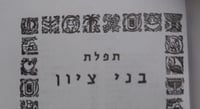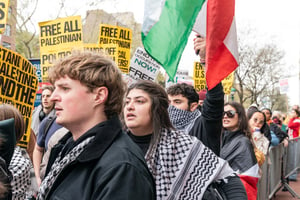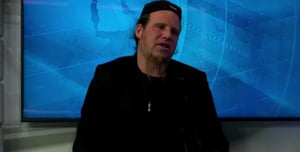
In cafes across America, from Peet's to Panera, millions sip their daily brew, oblivious to the complex history swirling in their cups. At the heart of this caffeinated empire stands JAB Holding Company, a conglomerate with roots as dark as the espresso it serves.
JAB's story is one of staggering success and haunting shame. From 19th-century origins, it has grown into a coffee colossus, outpacing even Starbucks in U.S. sales. But beneath this frothy success lies a bitter past that the reclusive Reimann family, JAB's owners, has only recently begun to confront.
During the Nazi era, Albert Reimann Sr. and Jr. weren't just passive participants in Hitler's regime – they were enthusiastic supporters. Family factories buzzed with forced labor, while in their homes, abuse cast long shadows. In a cruel twist, Albert Jr. fathered children with Emilie Landecker, a half-Jewish employee whose own father perished in the Holocaust.
This dark history remained hidden until 2018, when German newspaper Bild published an exposé. The revelation sent shockwaves through the Reimann family. "We were all ashamed and turned as white as the wall," said Peter Harf, JAB's managing partner. "These crimes are disgusting."
Confronted with their past, the Reimanns acted swiftly. They commissioned historian Paul Erker to conduct a thorough investigation, pledging full transparency. The family committed €10 million to charities supporting former forced laborers and established the Alfred Landecker Foundation with an annual €25 million donation, aimed at promoting Holocaust education and democratic values.
Yet as JAB continues to consume coffee shops and roasters, questions percolate. With nearly 80% of U.S. coffee stores now owned by just three companies, has the pursuit of profit created a new kind of monopoly? As the Reimanns grapple with their past, they face a present where their market dominance raises its own ethical concerns.
In boardrooms and baristas' breaks, JAB's story reminds us that even in the warmth of a coffee shop, history's chill can still be felt. As consumers, we're left to ponder – in a world where our daily rituals are increasingly controlled by corporate giants, what responsibility do we bear in knowing their stories? And can the sins of the past ever truly be washed away, even by the richest roast?
* The Independent contributed to this article.



















0 Comments